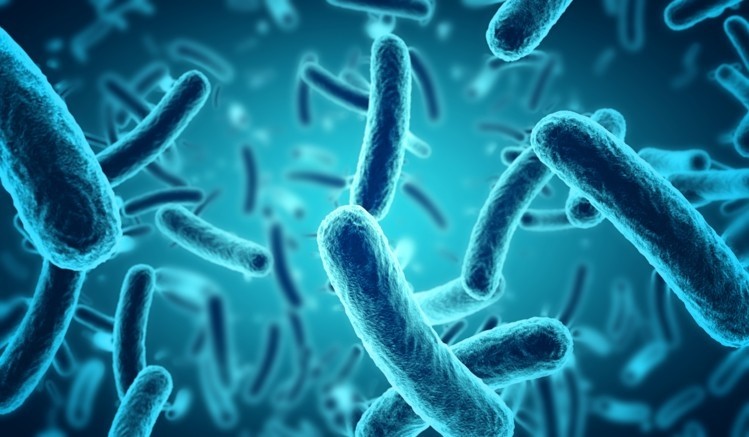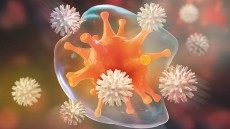Researchers form startup to commercialise findings
Microbiome is ‘critical’ to food allergy responses - say researchers behind new milk allergy study

The research, published in Nature Medicine, also identifies a specific bacterial species that seems to protect against allergic responses to food.
"This study allows us to define a causal relationship and shows that the microbiota itself can dictate whether or not you get an allergic response" said senior author Cathryn Nagler from the University of Chicago – who is also president and co-founder of ClostraBio, a startup now looking develop microbiome-based therapies for food allergy.
Previous work by the same academic found significant differences in the gut microbiomes of healthy infants and those with cow's milk allergy. That eventually led them to ask if those differences somehow contributed to the development of the allergy.
"These findings demonstrate the critical role of the gut microbiota in the development of food allergy and strongly suggest that modulating bacterial communities is relevant to stopping the food allergy disease burden," commented study co-author Roberto Berni Canani, MD, PhD, chief of the pediatric allergy program at the University Federico II of Naples, Italy.
"These data are paving the way for innovative interventions for the prevention and treatment of food allergy that are under evaluation at our centres."
Mouse data
The international study transplanted gut microbes from healthy human infants into germ-free mice. These ‘germ-free’ mice had been raised in a completely sterile, germ-free environment, meaning they had no bacteria of their own.
The mice were then fed the same formula as the infants to help the bacteria colonise properly by providing the same sources of nutrients.
According Nagler and her colleagues, mice that received bacteria from allergic infants suffered from anaphylaxis, a life-threatening allergic reaction, when exposed to cow's milk for the first time. Germ-free control mice that were not given any bacteria also experienced this severe reaction.
However, those that received healthy bacteria appeared to be completely protected, and did not suffer an allergic reaction.
“Our findings demonstrate that intestinal bacteria are critical for regulating allergic responses to dietary antigens and suggest that interventions that modulate bacterial communities may be therapeutically relevant for food allergy,” the team wrote.
Protective effect
The team then investigated the composition of microbes in the intestinal tract of the mice, and analysed differences in gene expression between the healthy and allergic groups, which allowed them to pinpoint a particular species, Anaerostipes caccae, that seems to protect against allergic reactions when it is present in the gut.
They noted that A.caccae is part of the Clostridia class of bacteria that Nagler and her colleagues identified in a 2014 study that protects against nut allergies.
"What we see with this work again is how, in the context of all of the different types of microorganisms inhabiting the gastrointestinal tract, one single organism can have such a profound effect on how the host is affected by dietary components," said Dionysios Antonopoulos, PhD, Microbial Systems Biologist at Argonne, Assistant Professor of Medicine at UChicago and a co-author of the study.
"We also get a new appreciation for the distinct roles that each of these members play beyond the generalization that the 'microbiome' is involved."
Biotherapeutics startup
Findings from the study are already helping scientists create new kinds of treatments for food allergies, with a spin-out company formed to microbiome-based therapies for food allergy.
Nagler is also the president and co-founder of ClostraBio, a startup company that is developing biotherapeutics based on synthetic microbial metabolites.
ClostraBio recently raised $3.5 million in funding to continue testing these products in animal models before starting human trials.
"It's exciting because this work is proof of concept for what we're doing at ClostraBio," Nagler said. "It shows that we can use metabolic products of the healthy microbiome to develop drugs that protect against food allergy."
Source: Nature Medicine
Published online ahead of print, doi: 10.1038/s41591-018-0324-z
“Healthy infants harbor intestinal bacteria that protect against food allergy”
Authors: T Feehley et al














